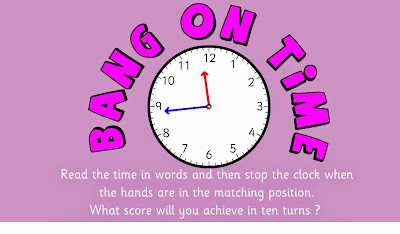Compare these two
sentences: “I have a new car”. “I have got a new car” Do they have the
same meaning? Image in: http://www.imdb.com/title/tt0037382/ Yes, they
do. Both have and have got can be used to express possession, but have
got is considered to be more colloquial than have, and in more informal
contexts, speakers even tend to drop have: I’ve got a problem (informal)
I got a problem (very informal) The only difference between them comes
when we use negative or interrogative forms, because in sentence 2 have
is an auxiliary verb, whereas in 1 it needs the auxiliary do in order to
form interrogative or negative sentences: “Do you have a new car?” “I
don’t have a new car”. “Have you got a new car?” “I haven’t got a new
car”. To see all the forms, have a look at this presentation:
Mine coins - make money: http://bit.ly/money_crypto
Mine coins - make money:
http://bit.ly/money_crypto
Compare these two
sentences: “I have a new car”. “I have got a new car” Do they have the
same meaning? Image in: http://www.imdb.com/title/tt0037382/ Yes, they
do. Both have and have got can be used to express possession, but have
got is considered to be more colloquial than have, and in more informal
contexts, speakers even tend to drop have: I’ve got a problem (informal)
I got a problem (very informal) The only difference between them comes
when we use negative or interrogative forms, because in sentence 2 have
is an auxiliary verb, whereas in 1 it needs the auxiliary do in order to
form interrogative or negative sentences: “Do you have a new car?” “I
don’t have a new car”. “Have you got a new car?” “I haven’t got a new
car”. To see all the forms, have a look at this presentation:
Mine coins - make money: http://bit.ly/money_crypto
Mine coins - make money:
http://bit.ly/money_crypto
- Tener (Possession). Click here to learn more: Have: Possession.
- Tomar. Click here to learn more: Have: Tomar.
- Tener que (Obligation).: We use ‘have to’ to express a strong obligation in the affirmative and absence of obligation in the negative form. For example:
- I have to arrive at work at 9. My boss is very strict.
- We don’t have to go to the school trip. It’s optional.
The STRUCTURE is: Have to + Verb in the INFINITIVE
(Click to learn more: Have to)
ON-LINE ACTIVITIES about Have:










